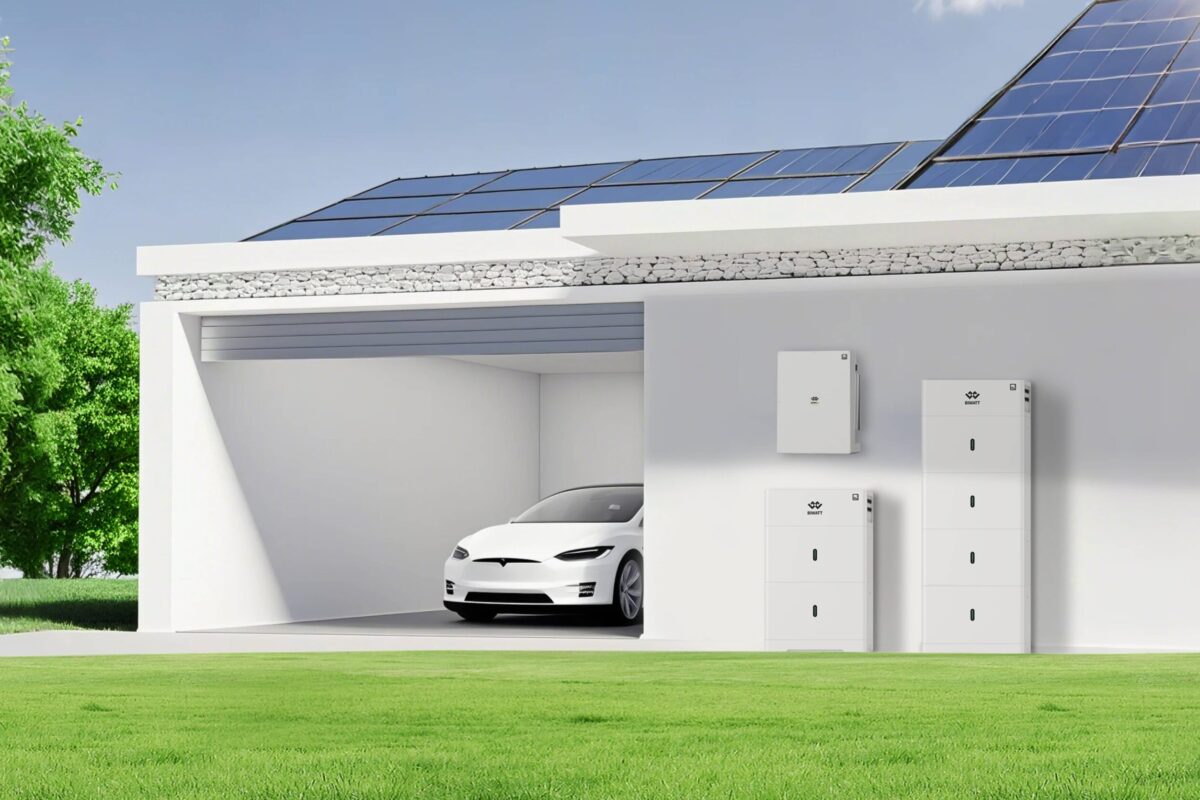In a profit warning issued on August 13, the Chinese polysilicon maker says it expects its H1 2018 profits to fall between 60 and 70% from the previous year, to reach around RMB 480 million to RMB 360 million.
The decrease is attributed, primarily, to the “decline in the selling price of wafer; and increase in finance costs and exchange loss.”
GCL says its unaudited financial results for the period will be published in late August.
In H1 2017, the group recorded profits of around RMB 1.2 billion, 13% down on the same period in 2016. Again, the decrease was chiefly due to falling wafer prices.
At the time, it was the world leader in the production of polysilicon, with output hitting 38,747 metric tons (MT). Total wafer production reached 10.6 GW.
Also in 2017, GCL announced it would invest $452.1 million in the construction of a polysilicon production plant, with an annual production capacity of 40,000 to 60,000 tons, in Qitai county, in China’s remote Xinjiang region.
Meanwhile, this April, it said it created a joint venture with a Chinese municipal government to build a $1.4 billion, 20 GW mono ingot production facility in Qujing, China.
Falling prices
Since the Chinese Government announced its new solar PV policy on May 31, prices have tumbled for PV manufacturers across the supply chain, and around the globe, while domestic demand has been suppressed.
According to PV Infolink, current spot market prices for mono wafers are at an average of US$0.405 per piece, with a high of $0.420 and a low of $0.395, while for multi wafers, average prices are $0.322, with high and low prices reaching $0.330 and $0.320, respectively.
In comparison, PVInsights reports slightly different prices, with average mono prices at $0.398 per piece, while high and low prices are $0.44 and $0.37, respectively. Average multi wafer prices are $0.317, compared to a high of $0.35, and a low of $0.31.
Last week, EnergyTrend wrote that the price gap between mono-si and multi-si wafers is getting increasingly smaller.
This content is protected by copyright and may not be reused. If you want to cooperate with us and would like to reuse some of our content, please contact: editors@pv-magazine.com.



By submitting this form you agree to pv magazine using your data for the purposes of publishing your comment.
Your personal data will only be disclosed or otherwise transmitted to third parties for the purposes of spam filtering or if this is necessary for technical maintenance of the website. Any other transfer to third parties will not take place unless this is justified on the basis of applicable data protection regulations or if pv magazine is legally obliged to do so.
You may revoke this consent at any time with effect for the future, in which case your personal data will be deleted immediately. Otherwise, your data will be deleted if pv magazine has processed your request or the purpose of data storage is fulfilled.
Further information on data privacy can be found in our Data Protection Policy.